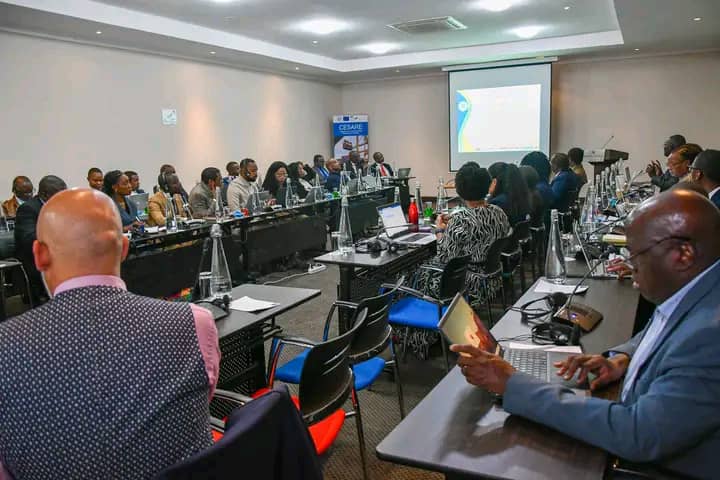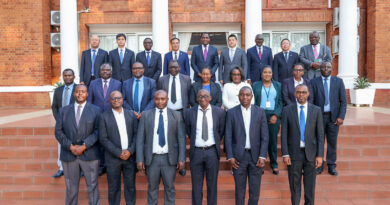SADC Member States Meet in Lusaka to Assess Impact of Electronic Certificate of Origin
Sixteen member states of the Southern African Development Community (SADC) have gathered in Lusaka for a two-day validation workshop aimed at evaluating the impact of the Electronic Certificate of Origin (eCO), a key digital innovation intended to streamline regional trade and enhance economic integration.
The workshop, hosted by the Zambia Revenue Authority (ZRA), marks a significant step in SADC’s ongoing efforts to modernize customs procedures, reduce trade barriers, and foster intra-regional commerce.
Speaking at the official opening of the workshop, ZRA Commissioner General Dingani Banda emphasized the importance of the eCO in advancing trade efficiency and lowering operational costs.
“The Certificate of Origin symbolizes a commitment to embracing new responsibilities in trade,” Banda said. “It is our collective duty to work together and create a practical roadmap for its seamless integration into trade practices. Together, we can enhance the pace of economic revolution within our region.”
SADC Chairperson and Zimbabwe Revenue Authority Commissioner for Customs and Excise, Batisirai Chadzingwa, also addressed delegates, urging member states to move forward with the implementation of the eCO framework.
He encouraged bilateral cooperation to resolve challenges that may arise during its rollout.
Senior Programme Officer for Customs at the SADC Secretariat, Alcides Monteiro, emphasized the broader economic potential of the initiative.
“Consolidation requires more economic growth, and the Certificate of Origin is the key to enhancing inter-SADC trade volumes,” Monteiro said. “It plays a critical role in expediting trade processes and driving regional development.”
The Electronic Certificate of Origin replaces traditional paper-based documentation with a secure, digital alternative, reducing bureaucracy, enhancing transparency, and improving turnaround times at border posts.



